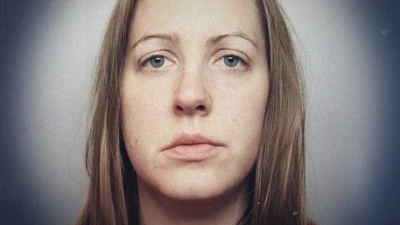We've updated our Privacy and Cookies Policy
We've made some important changes to our Privacy and Cookies Policy and we want you to know what this means for you and your data.
Police refuse to allow spy probe officers to be quizzed by MSPs
Police Scotland has refused to let MSPs quiz four officers named in a Holyrood probe into breaches of new rules over intercepting communications.
Four officers were named as part of the inquiry after police broke new regulations while trying to discover the identity of journalists' sources.
The deputy chief constable told the justice committee he would not invite them due to "critical legal issues".
Assistant Chief Constable Ruaraidh Nicolson will appear instead.
He will be questioned by MSPs on 12 January.
Deputy Chief Constable Neil Richardson previously told the committee that officers had "misinterpreted" a 22-day-old code of conduct over intercepting communications due to a "misjudgement".
A watchdog said Police Scotland's "failures" in the case "could properly be viewed as reckless".
Following the last meeting of the justice committee on the issue, four officers were named as being part of the inquiry and invited to give evidence - Det Supt David Donaldson, Det Insp Joanne Grant, Det Supt Brenda Smith, and Ch Supt Clark Cuzen.
'Critical legal issues'
However, Mr Richardson wrote to the committee saying "there clearly remain some critical legal issues, and particularly those touching on matters of competence, which are not yet fully resolved".
He said "while such matters remain unresolved and outstanding" he did not feel he was properly in a position to forward the committee's invitation to the four named officers, suggesting that Mr Nicolson appear instead.
Deputy convener Elaine Murray wrote back to Mr Richardson voicing disappointment, saying the committee would consider what further steps to take.
Image source, Family handout
The investigation was sparked after the Interception of Communications Commissioner ruled that Police Scotland had obtained communications data without judicial approval on five occasions.
Sir Stanley Burnton said the "failures", made while police were trying to determine a journalist's source or an intermediary, could be viewed as "reckless".
The review is understood to relate to the murder of Emma Caldwell in 2005, after a re-investigation of the case was ordered in May 2015.
Police Scotland said "robust and rigorous steps" had been taken to comply with requirements in future.
During his evidence session in December, Mr Richardson named Mr Donaldson as an "extremely experienced officer" who had "misinterpreted" the new code of conduct, which had been in place for 22 days.
He said the "very aggressive" pace of change in bringing in the new guidance could have been a factor in the "error" subsequently made.
The policeman also hit out at some press coverage of the case, saying he had been portrayed as an "archetypal villain" and saying police had been unable to respond to many stories due to the live murder inquiry.
Top Stories
More to explore
Most read
Content is not available








